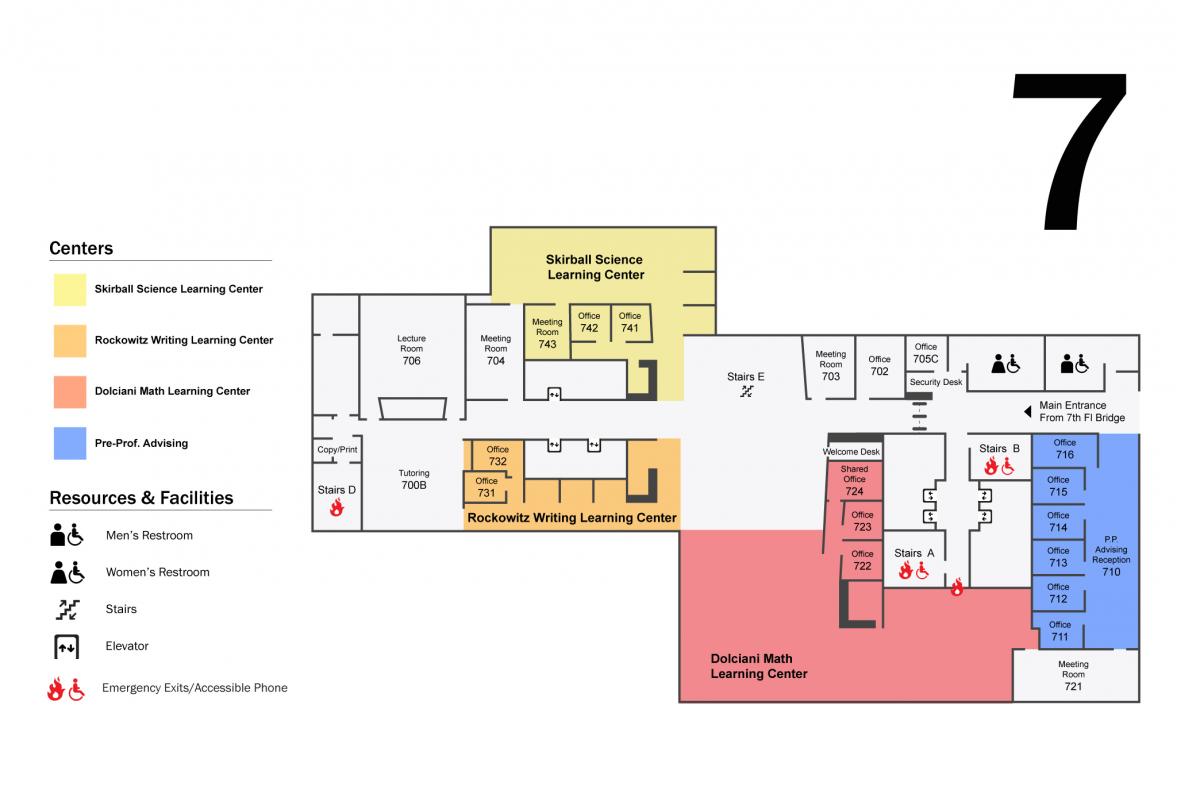
The articles are intended to be read by other experts or students of the field, and they are typically much more sophisticated and advanced than the articles found in general magazines. As you read the Works Cited page, be sure to look for sources that look like they will help you to answer your own research question.Ī research journal is a periodical that contains articles written by experts in a particular field of study who report the results of research in that field. Good research usually cites many different kinds of sources (books, journal articles, etc.). Works Cited (also be called References or Bibliography): This section comprises the author(s)’s sources.

However you should attempt to understand if the results seem reasonable given the methods. If you aren't an expert at statistics this section may be difficult to grasp. Results: Here you will often find numbers and tables. You will need to think critically about the methods and whether or not they make sense given the research question. In this section, you often learn who and how many participated in the study and what they were asked to do. Methods: This section explains how the study worked. That is to say, what related research has come before, and how do they hope to advance the discussion with their current research? Here you see where the author(s) enter the conversation on this topic. Literature Review: May be included in the introduction or as its own separate section. The authors will present the thesis of their argument or the goal of their research. Introduction: Describes the topic or problem researched. If you don’t think that it will, set it aside. These sections can help you see if this article will meet your research needs.

It is often a good idea to read the abstract first, in order to determine if you should even bother reading the whole article.ĭiscussion and Conclusion: Read these after the Abstract (even though they come at the end of the article).
#LIBRARY HUNTER CITATION TOOLS FULL#
Titles often include relevant key words.Ībstract: A summary of the author(s)'s research findings and tells what to expect when you read the full article. Title: Generally are straightforward and describe what the article is about. TIP: When possible, keep your research question(s) in mind when reading scholarly articles.


 0 kommentar(er)
0 kommentar(er)
